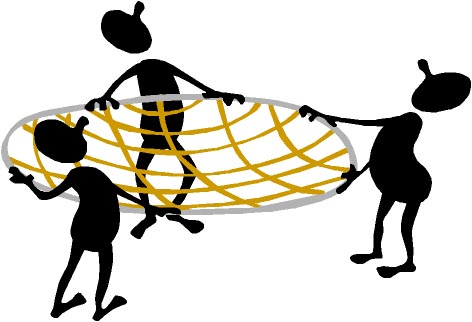Lesson 14: Establishing Safety: Planning for the Worst (but hoping for the best)
Attention

Learning Outcomes
Upon completion of this lesson's material, students will be able to:
-
Describe “psychological first aid” for trauma victims.
-
Introduce crisis intervention and post-traumatic event counseling techniques.
-
Identify best practice approaches to safety planning.
Teaching
Read all three of the following peer-reviewed journal articles on trauma response, intervention and safety planning for different populations.
Article 1: A Mental Health Intervention for School Children Exposed to Violence
This lesson is intended to describe basic components in delivering psychological first aid to victims, responses to early treatment approaches and ethical and practical considerations in devising a realistic safety plan for victims. Populations discussed include children in schools, individuals who have experienced trauma and women who remain in abusive relationships.
While all of the articles deal with the effects of trauma, not all of the articles are specific to sexual assault. However, the interventions described are evidenced-based and can be generalized to victims of sexual trauma. Yet, because of the sample size or availability of resources in a rural area, all of the articles have some limitations or weaknesses. Part of the educational process is carefully reading a profesisonal journal article, assimilating the information based on what you know, identifying both the strengths and weaknesses of research and proposing feasible alternatives.
Critiquing journal articles takes practice and skill. Below is a brief online article, with questions to think about when you read the articles, if you are not sure where to begin your critique. The questions included range from simplistic to very complex, such as were the correct statistics used. This assignment is not expecting you to go into that level of detail. I am expecting you to be thoughtful about the article you select and have your feedback be backed by evidence from the article itself.
How to Critique a Journal Article
Assessment
Lesson 14 Assignment
1) Write a brief critique on one of the articles you read. What did you think of the article’s findings and conclusions? What are some strengths and weaknesses of the research? You can feel free to use some of the questions in the "How to Critique a Journal Article" document but do not feel obligated to answer them all. Just pick a few of the questions. Please submit as a double spaced paper. Place the project title, date and your name at the top of page one, title page not required.
Lesson 14 Discussion (for online students only)
1) Share what you liked about the article critique process and what was more challenging for you.